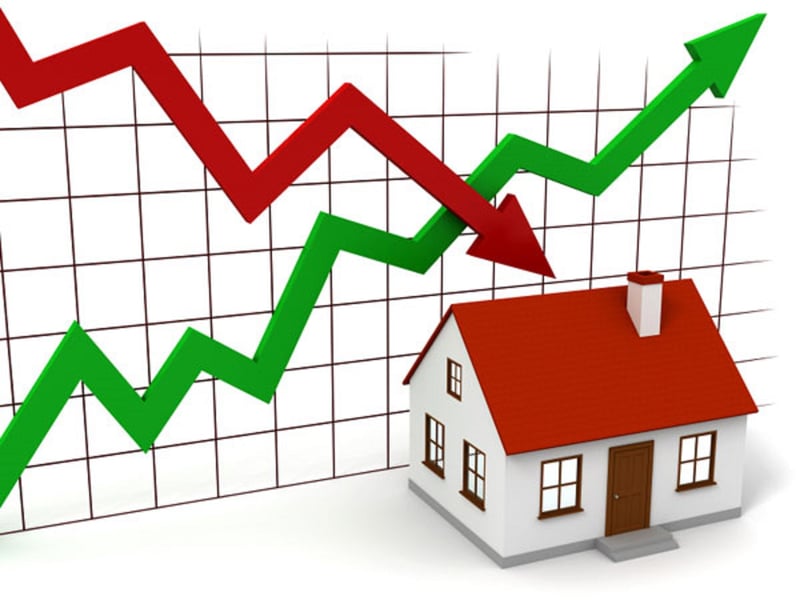Paragon’s latest Financial Adviser and Confidence Tracking (FACT) Index has found Brexit uncertainty has and will continue to weigh heavily on the UK’s housing market at least until current political negotiations point to a more definitive outcome.

Mortgage advisers anticipate virtually no growth in business levels in Q1 2019, the lowest expected growth of mortgage transactions since the onset of the global financial crisis in 2008.
Paragon’s latest Financial Adviser and Confidence Tracking (FACT) Index has found Brexit uncertainty has and will continue to weigh heavily on the UK’s housing market at least until current political negotiations point to a more definitive outcome.
John Heron, managing director of mortgages at Paragon, said: “Brexit uncertainty is causing a measurable slowdown across the UK housing market as potential buyers and sellers adopt a ‘wait and see’ approach.
“As political negotiations move into the final phase, hopes are high for a workable solution and a much-anticipated Brexit bounce.”
Looking back over the second half of 2018, 57% of advisers felt that Brexit had a negative impact on demand for properties, 56% said it had put downward pressure on house prices and 44% reported a dampening effect on the availability of property.
In contrast, only 5% highlighted a positive impact against any of these factors.
When asked about the impact Brexit was likely to have on the market in the early part of 2019, the overall expectation was that the negative effect would intensify before things got better.
Interestingly, despite the market disruption, very few advisers said they would take the opportunity to change the way they voted in the referendum if given the chance.
Just under half (47%) said they would still vote to remain, one third (33%) reported that they would still vote to leave and an equal proportion, 3% in each case, said they would switch their vote. The remaining 14% opted to keep their preference private.
Alongside lower levels of business activity, the Q4 2018 FACT index also highlighted an increase in the proportion of remortgage business, up from 37% in Q3 2018 to 43%, together with a slight drop in the proportion of customers opting for a 5-year fixed rate mortgage, down from 46% to 43%.



